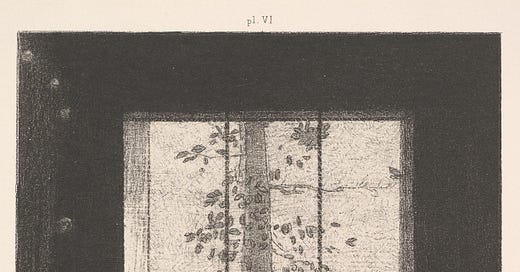On My Mother’s 64th Birthday Had She Not Died by Suicide
A short reflection on the profundity of a media hiatus and self-forgiveness
A note: this post contains content that may be triggering, particularly relating to suicide loss.
Keep reading with a 7-day free trial
Subscribe to Gathering to keep reading this post and get 7 days of free access to the full post archives.


